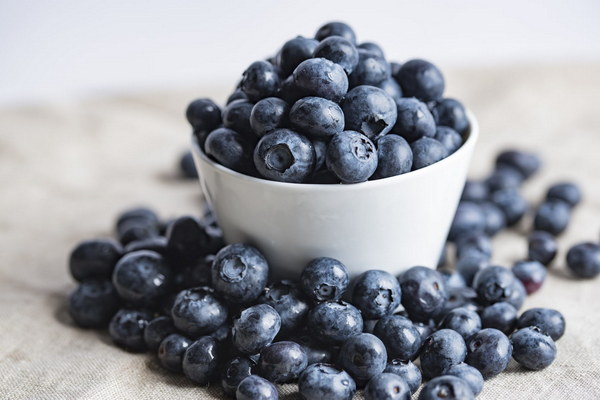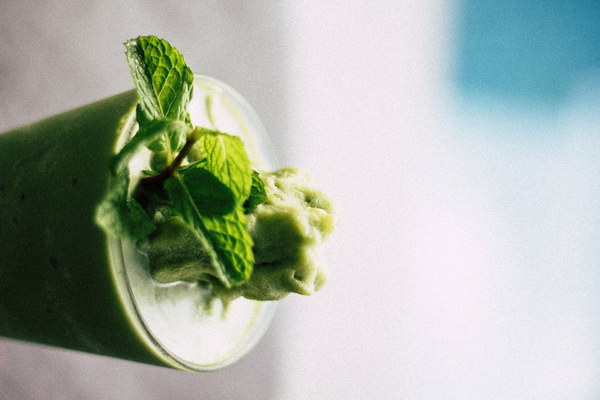Nurturing the Kidneys and Spleen Traditional Chinese Herbs for Holistic Health
In the realm of Traditional Chinese Medicine (TCM), the concept of balancing the body's internal organs is fundamental to achieving overall health and well-being. Among these organs, the kidneys and spleen play crucial roles in maintaining vitality, digestion, and immune function. This article explores the use of Chinese herbs known for their kidney and spleen-nourishing properties, offering insights into how TCM can support a holistic approach to health.
Understanding the Kidneys and Spleen in TCM
In TCM, the kidneys are considered the root of energy, or Qi, and are responsible for the production of essence, which is essential for growth, reproduction, and longevity. The spleen, on the other hand, is responsible for transforming and transporting the nutrients derived from food, ensuring that they are properly distributed throughout the body.
When these organs are functioning optimally, the body enjoys good health. However, when either the kidneys or the spleen is weakened, it can lead to a range of issues, including fatigue, poor digestion, and weakened immune system.

Top Chinese Herbs for Kidney and Spleen Support
1. Ren Shen (Ginseng)
Ren Shen, or Chinese ginseng, is a well-known herb in TCM for its rejuvenating properties. It is believed to strengthen the kidneys, boost the immune system, and improve overall vitality. It is often used to treat fatigue, weakness, and poor digestion.
2. Fu Ling (Poria)
Fu Ling is a mushroom-like fungus that is highly valued for its ability to invigorate the spleen and kidney. It is commonly used to treat edema, poor appetite, and spleen and kidney deficiencies.
3. Ba Ji Tian (Morinda Officinalis)
Ba Ji Tian is another herb that is often used in TCM to nourish both the kidneys and spleen. It is believed to enhance fertility, improve strength, and support overall longevity. It is also used to treat weakness, fatigue, and low back pain.
4. He Huan Pi (Mimosa Tree Bark)
He Huan Pi is known for its ability to support kidney function and alleviate pain. It is often used in conjunction with other herbs to treat kidney weakness, lower back pain, and urinary issues.
5. Bai Zi Ren (Biota Seed)
Bai Zi Ren is a seed that is believed to have a calming effect on the kidneys and spleen. It is often used to treat stress, anxiety, and irritability, which are symptoms that may arise from kidney and spleen imbalances.
How to Use these Herbs
Chinese herbs are typically prescribed in a combination that is tailored to an individual's specific condition and constitution. Here's a general guide on how these herbs can be used:
- Ren Shen can be taken as a decoction or in capsules. It is often used in conjunction with other herbs to enhance its effects.
- Fu Ling is usually prepared as a decoction, and it is often combined with other kidney and spleen-nourishing herbs.
- Ba Ji Tian is often found in capsules or powders and can be taken daily as part of a kidney and spleen tonic formula.
- He Huan Pi is typically used in combination with other herbs and is not usually taken on its own.
- Bai Zi Ren can be taken as a decoction or in capsules, and it is often recommended for those experiencing stress-related kidney and spleen issues.
Conclusion
Traditional Chinese herbs offer a natural and holistic approach to nurturing the kidneys and spleen, which are essential for overall health and well-being. By understanding the properties of these herbs and how they work in conjunction with one another, individuals can incorporate them into their wellness routine to support their kidney and spleen functions. As always, it is advisable to consult with a qualified TCM practitioner before starting any new herbal treatment to ensure it is appropriate for your specific needs.









